Business Analysis and Valuation of Qantas: A Comprehensive Overview
VerifiedAdded on 2023/04/21
|15
|1240
|121
Report
AI Summary
This report presents a comprehensive business analysis and valuation of Qantas, examining its competitive forces, SWOT analysis, and corporate strategies. The analysis delves into Qantas's strengths, such as consistent growth and superior service quality, while also addressing weaknesses like union issues and challenges in international flights. Opportunities include increased business travel and lower fuel prices, whereas threats involve intense competition and cost management difficulties. The report also explores Qantas's corporate strategies since 1992, including maximizing its integrated portfolio and pursuing earnings growth. Furthermore, it evaluates Qantas's financial performance, highlighting changes in revenue, expenses, assets, liabilities, and equity from 2013 to 2017. The analysis also covers crucial accounting policies like IFRS 16 Leases and IFRS 15 Revenue from Contracts with Customers and concludes with recommendations for investors, emphasizing the company's revenue growth and expense management. The report uses data from various sources, including Qantas's investor reports and industry publications, to provide a well-rounded view of the airline's business and financial standing.
1 out of 15
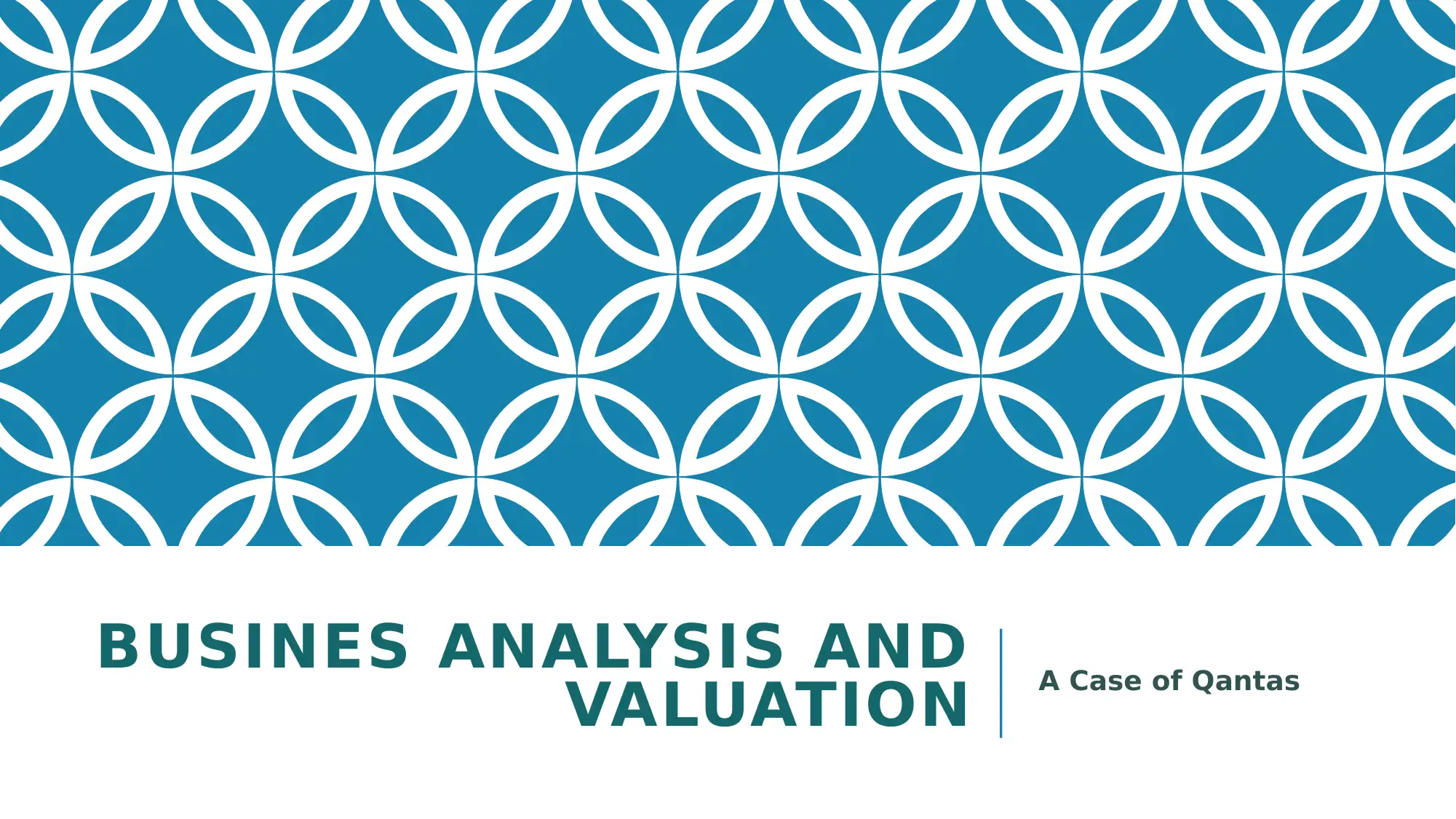
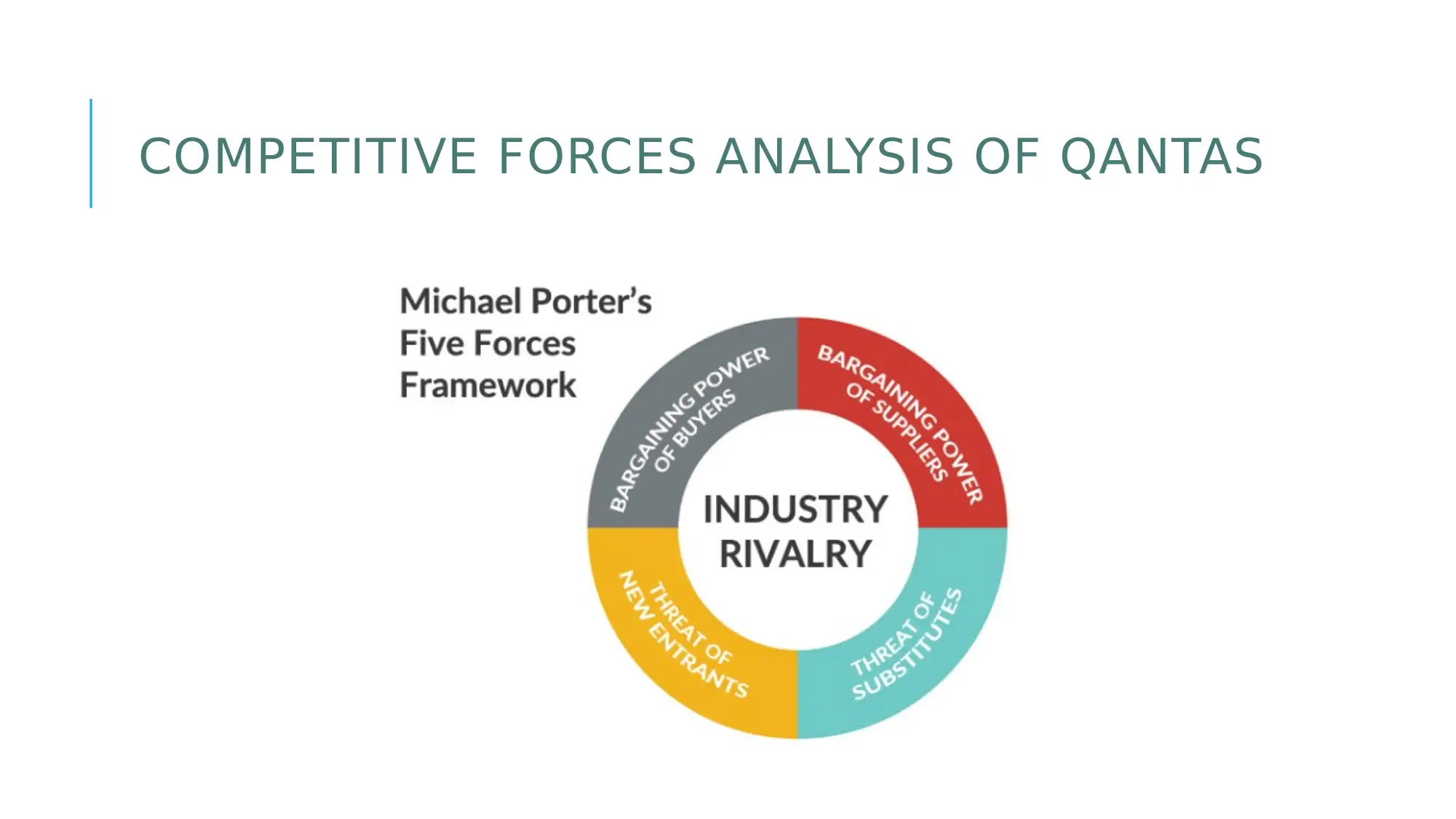
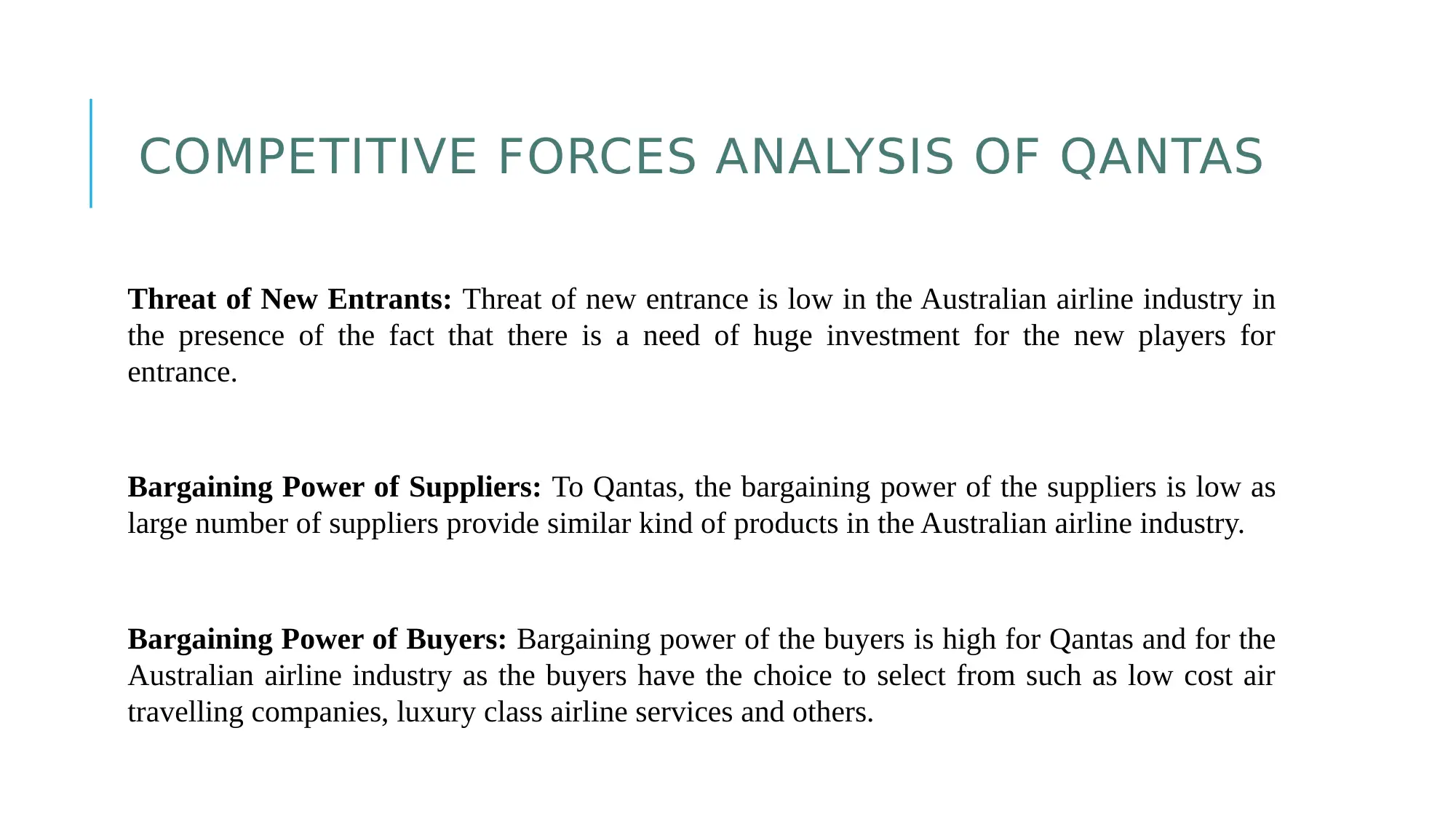

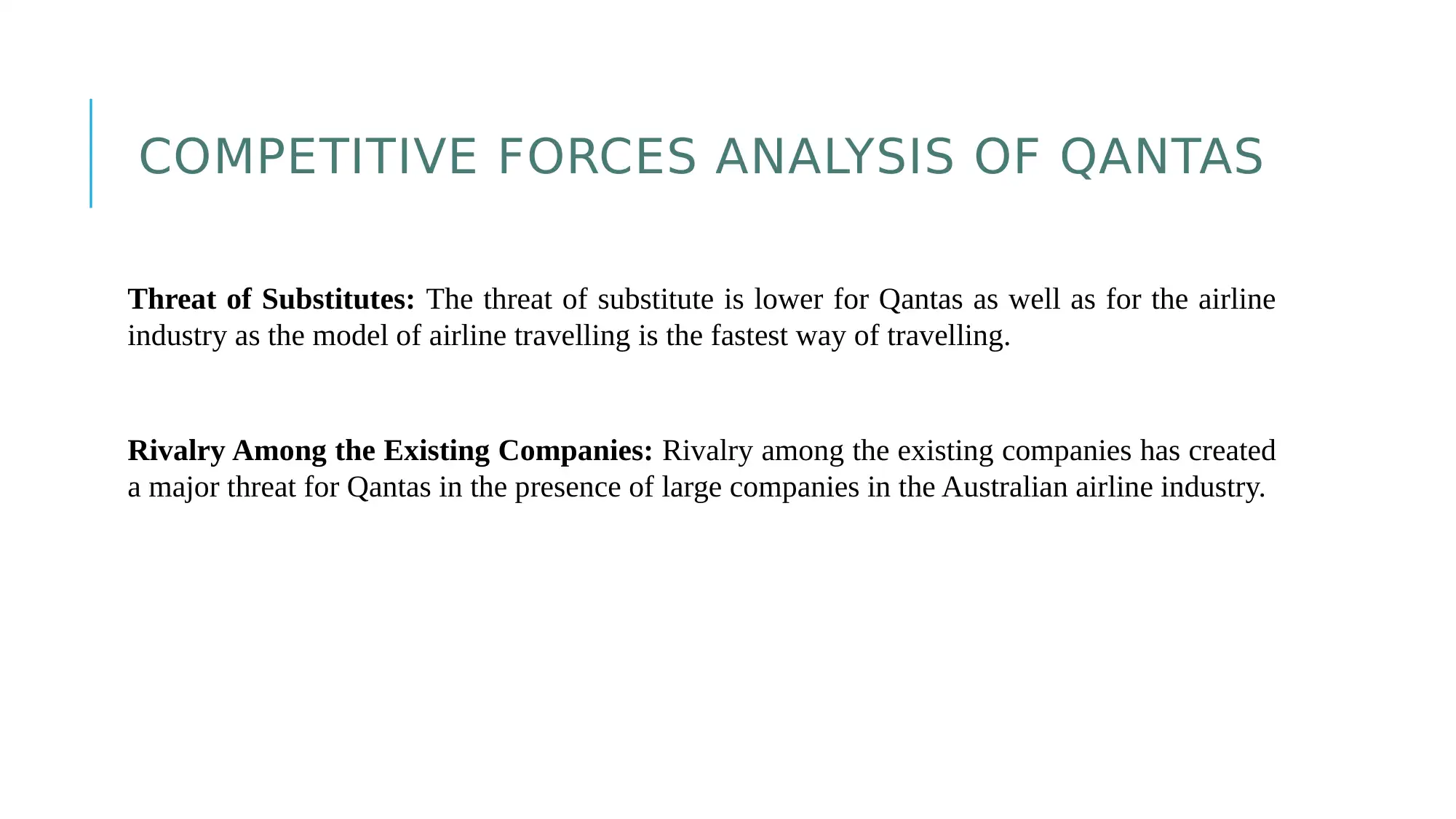
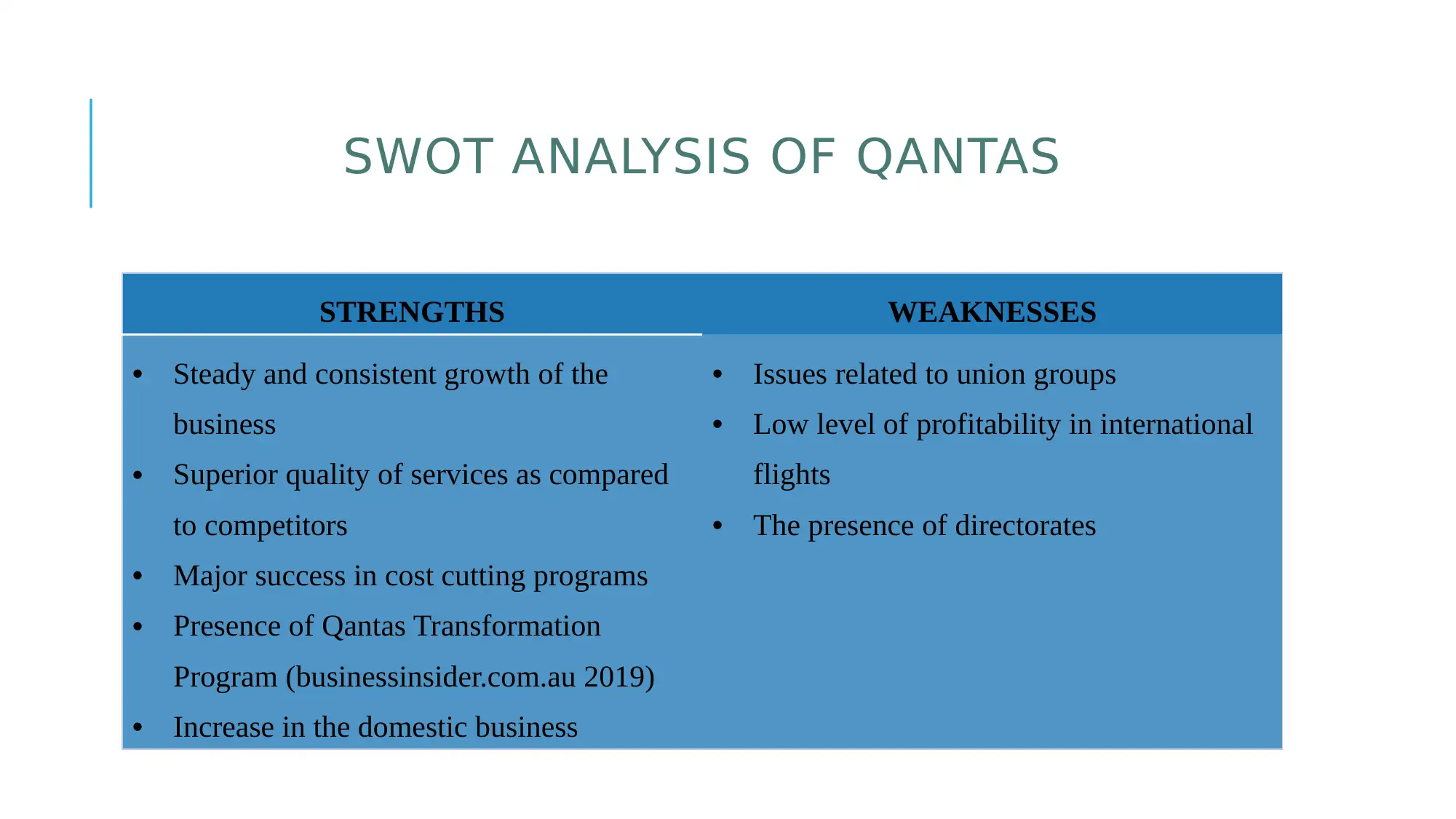
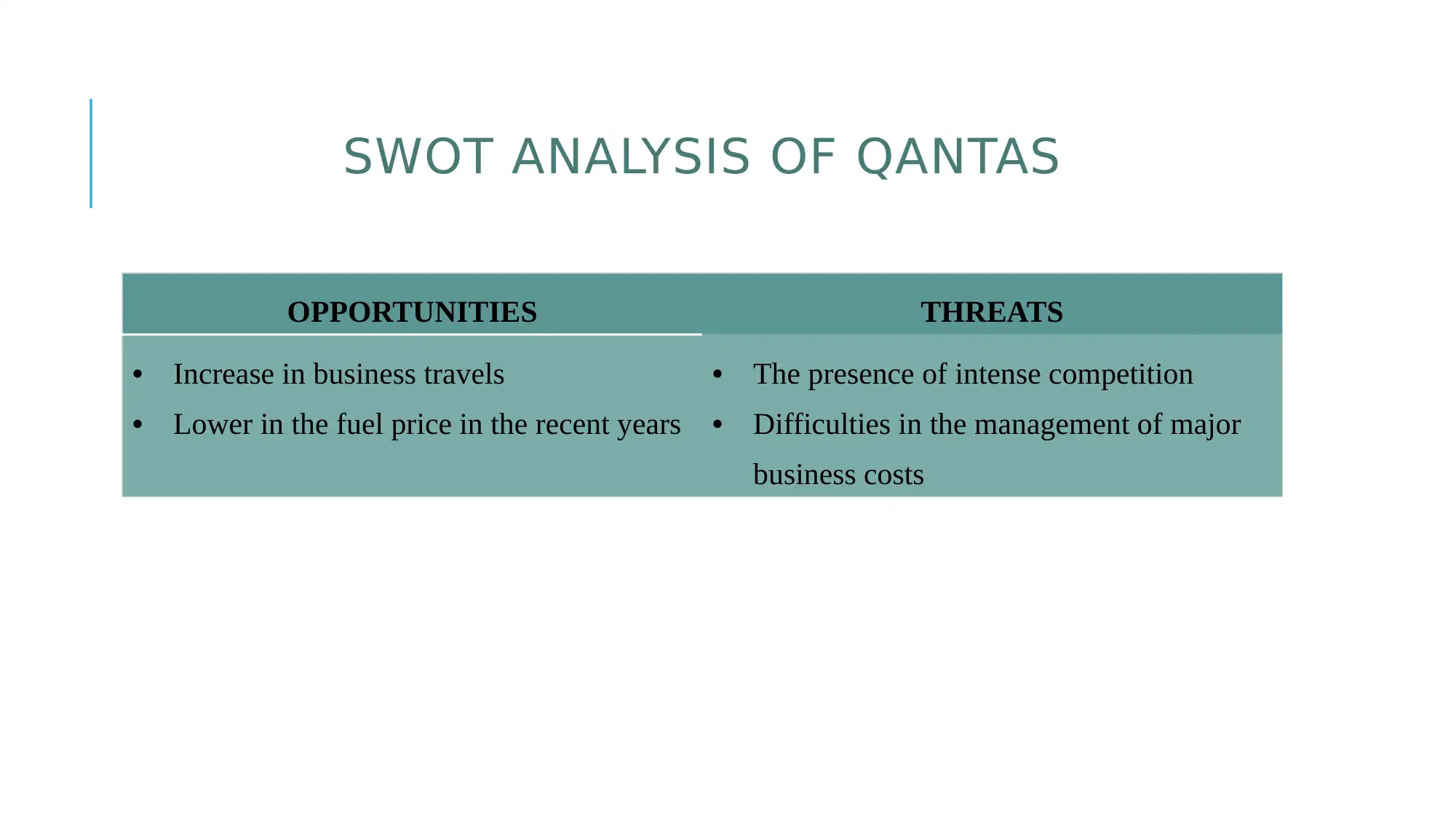
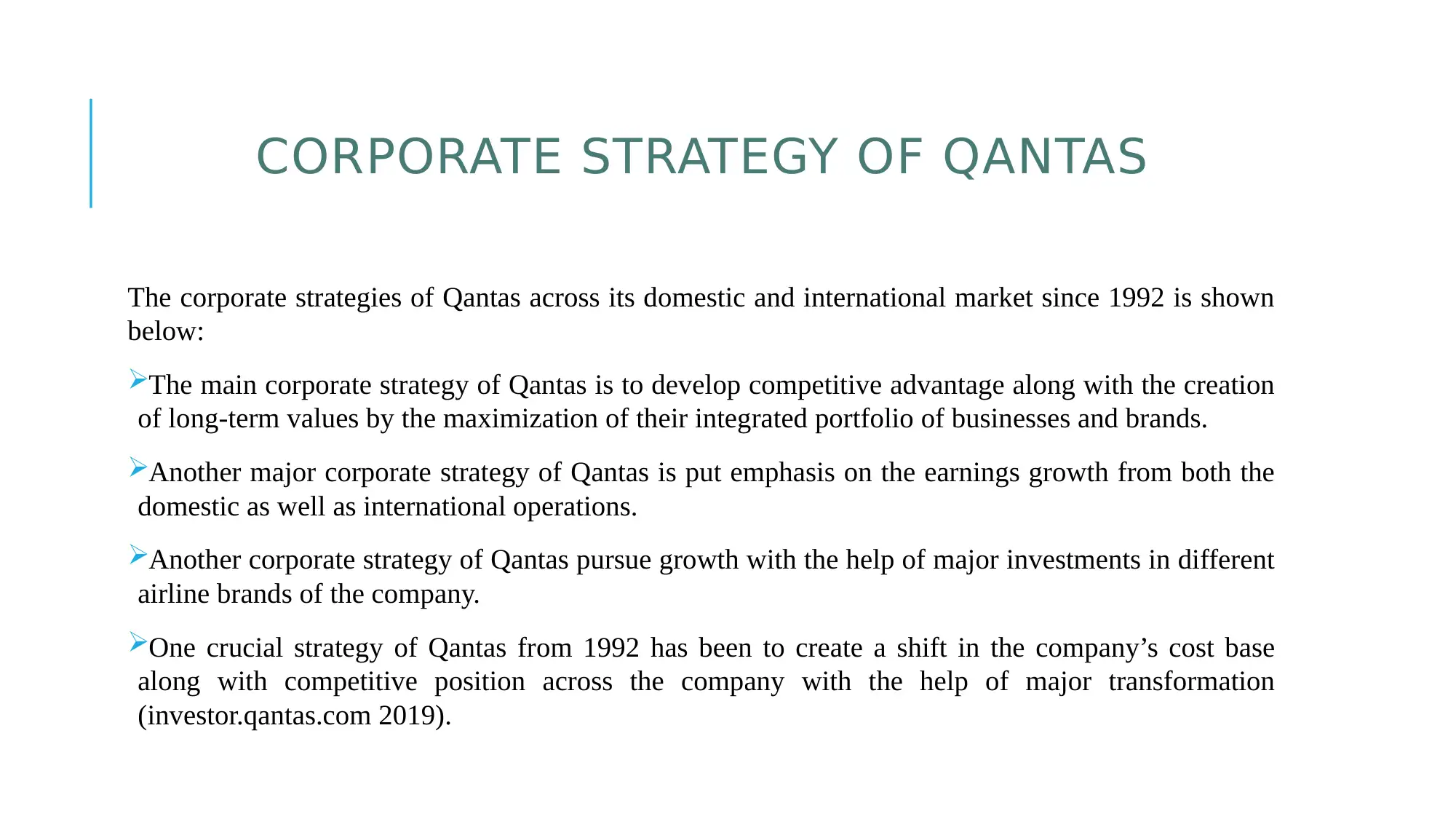
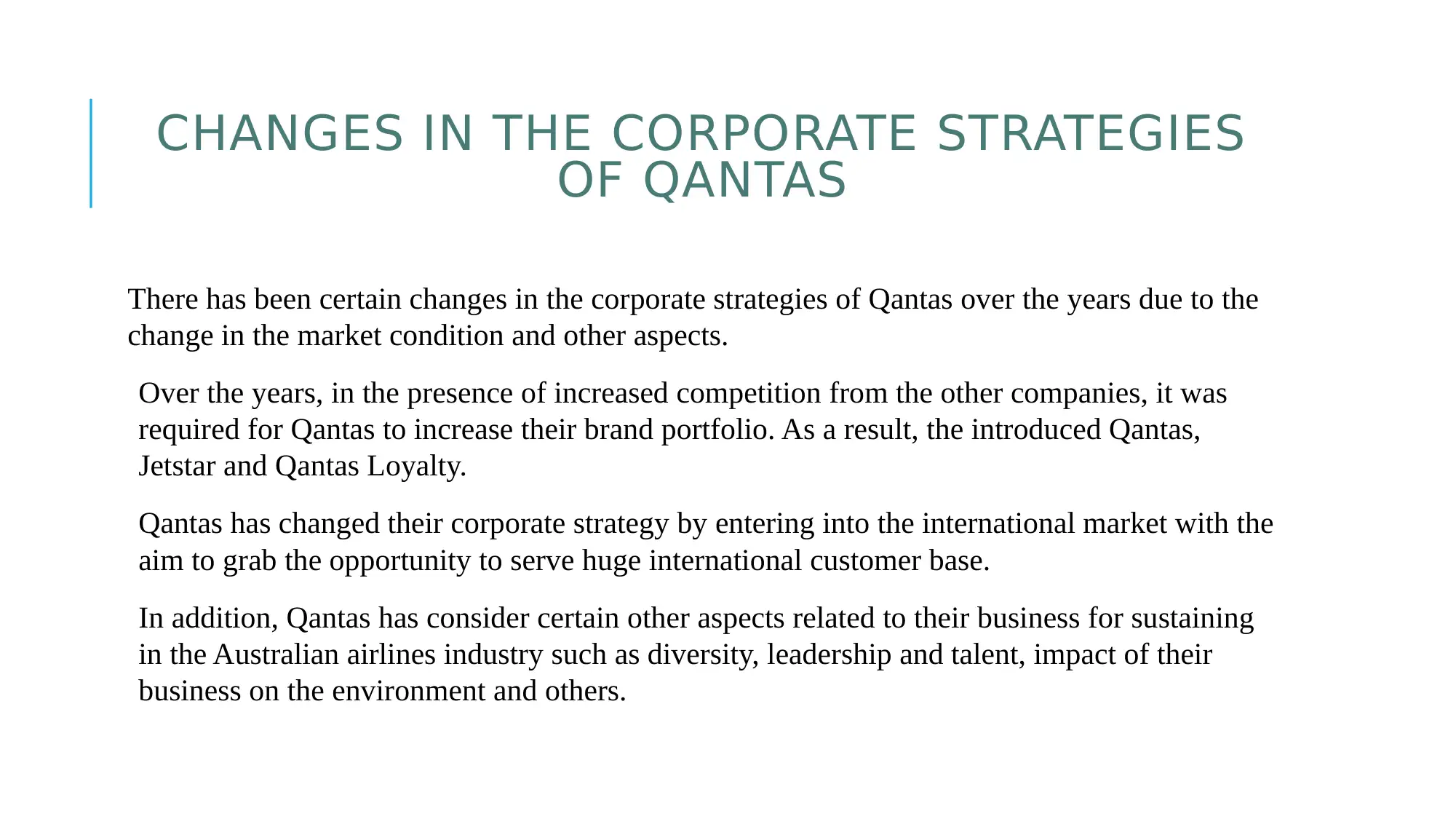
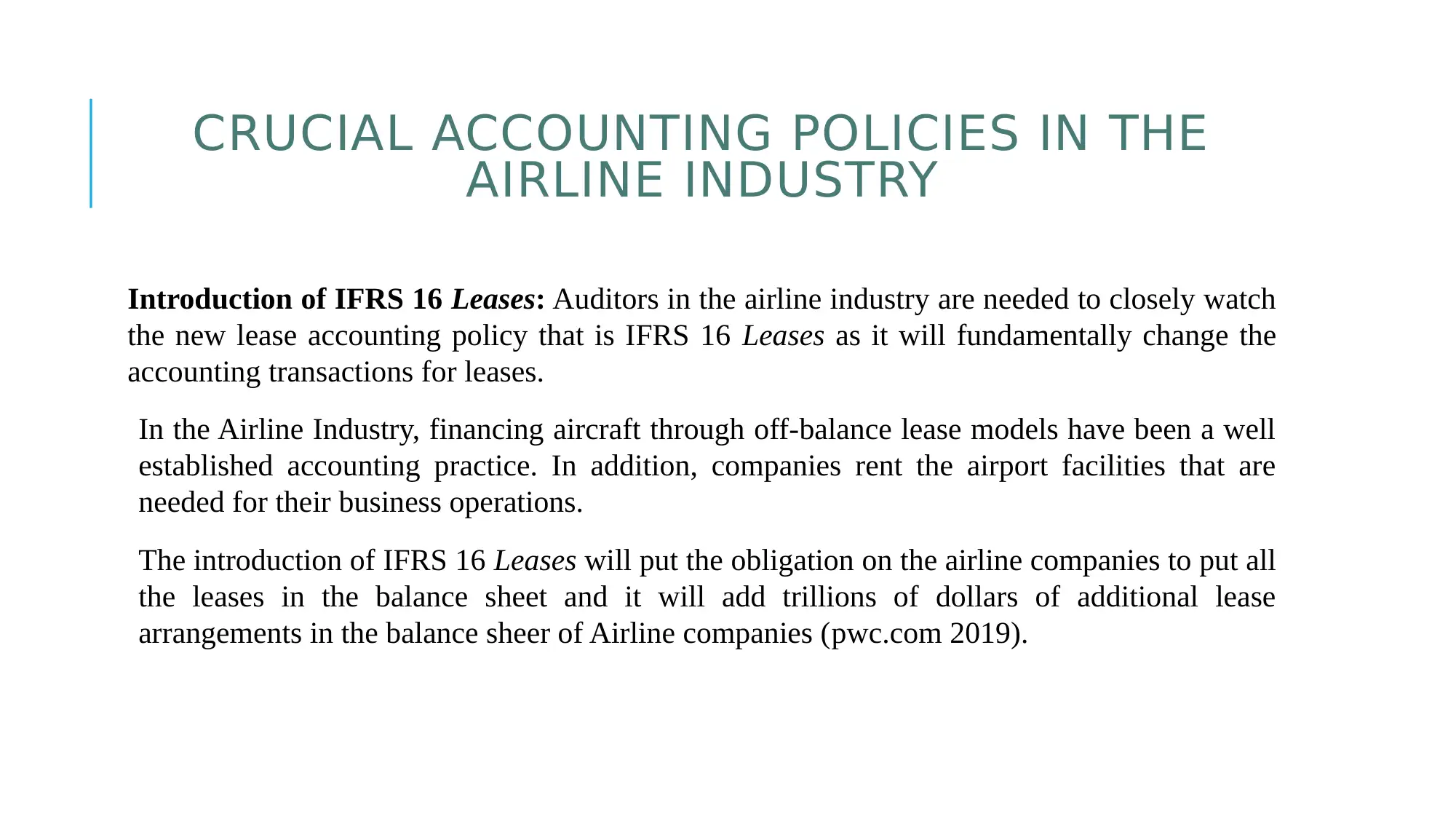
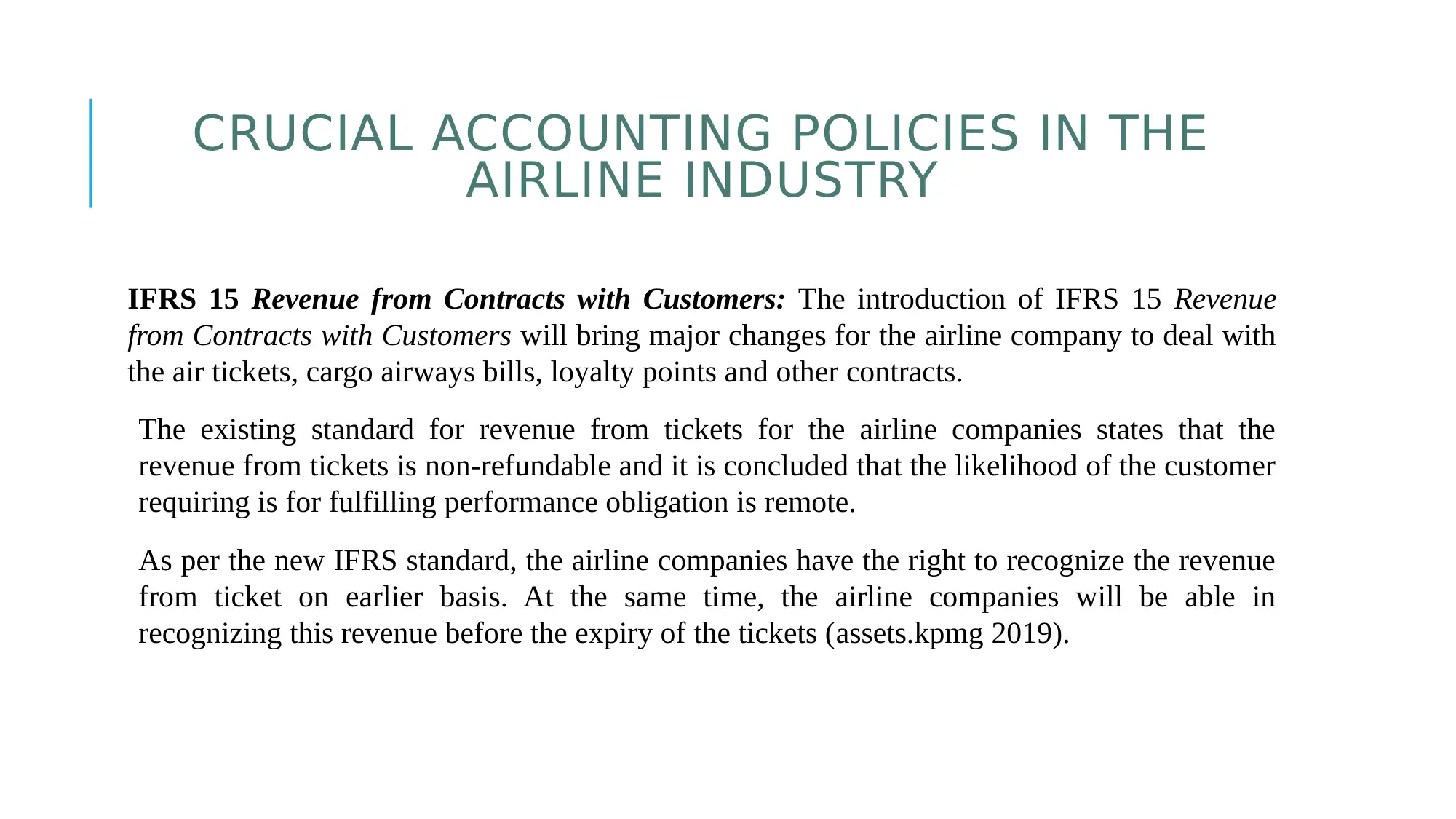
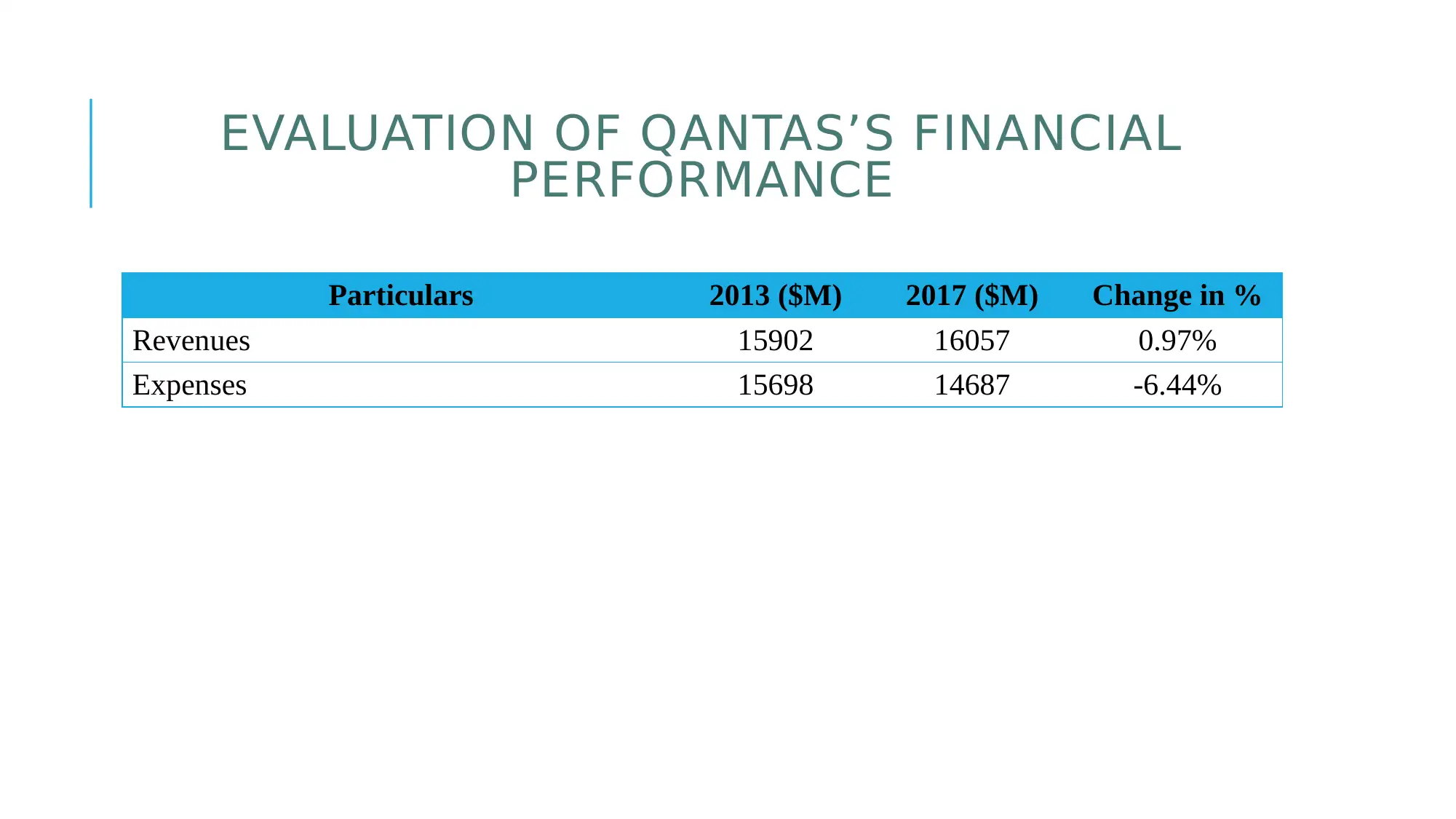
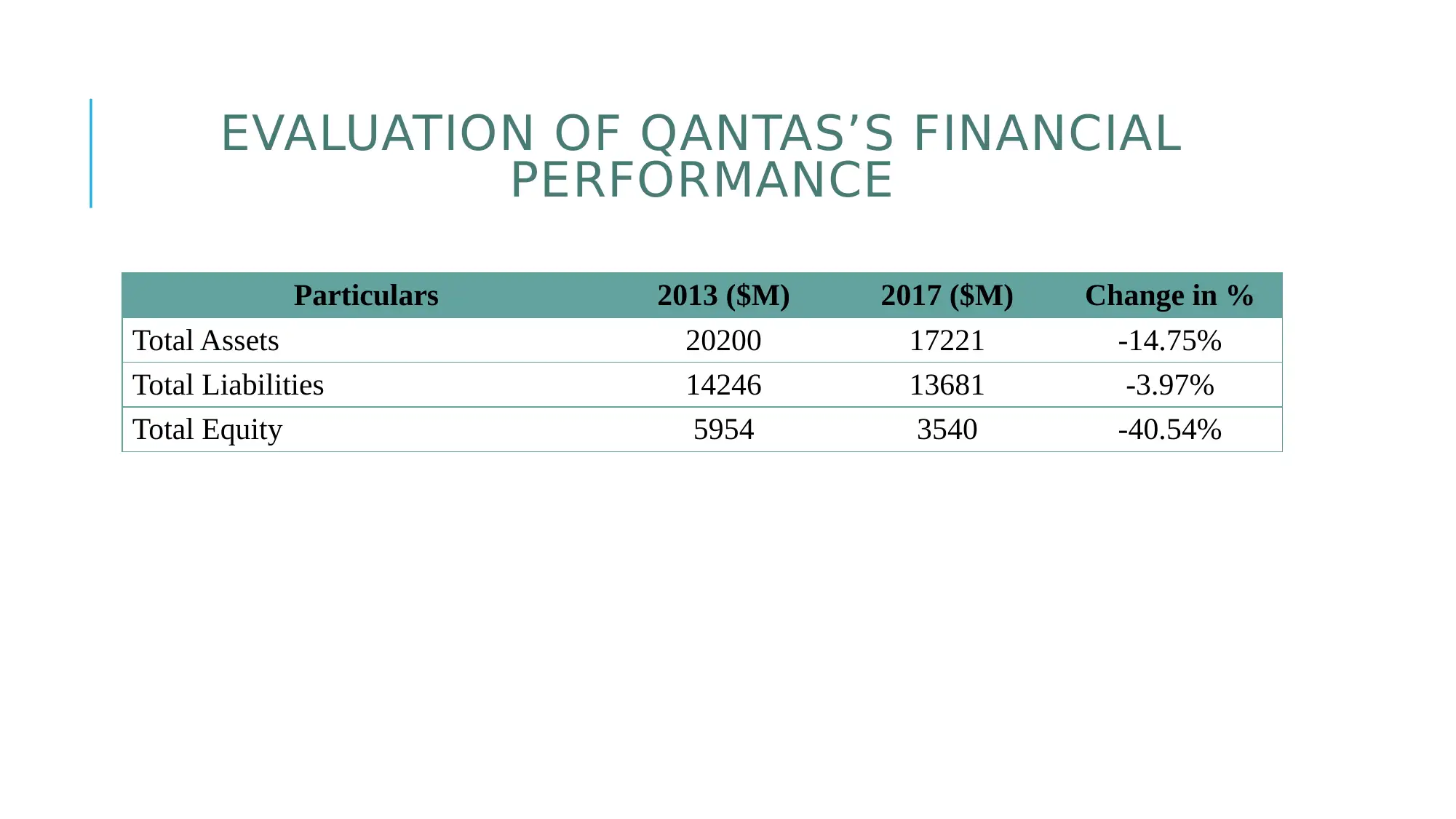






![[object Object]](/_next/static/media/star-bottom.7253800d.svg)